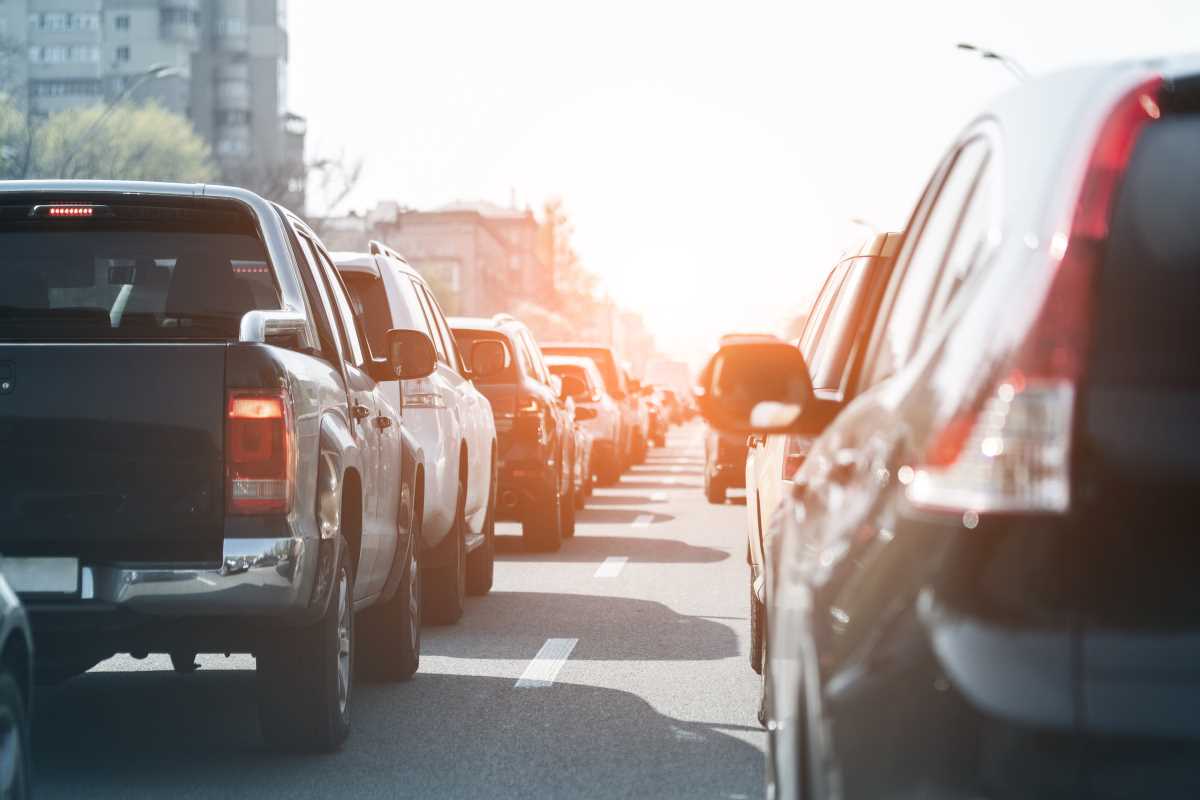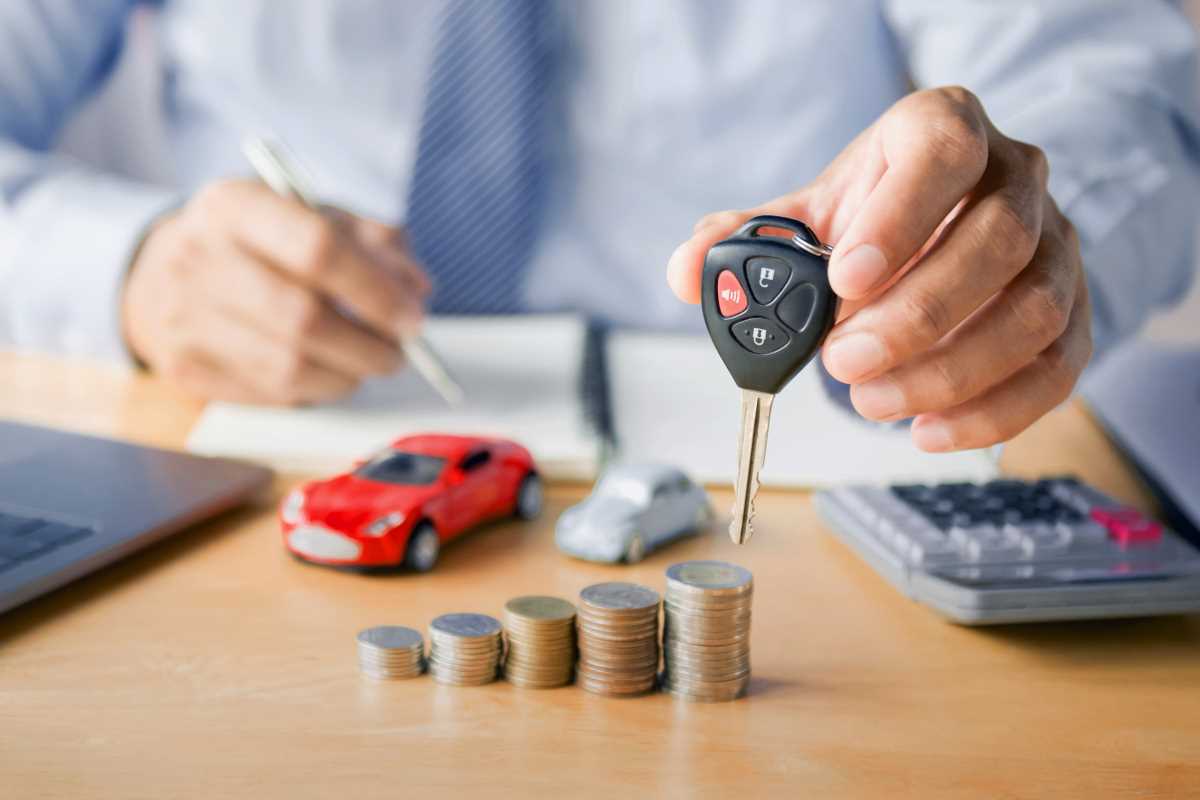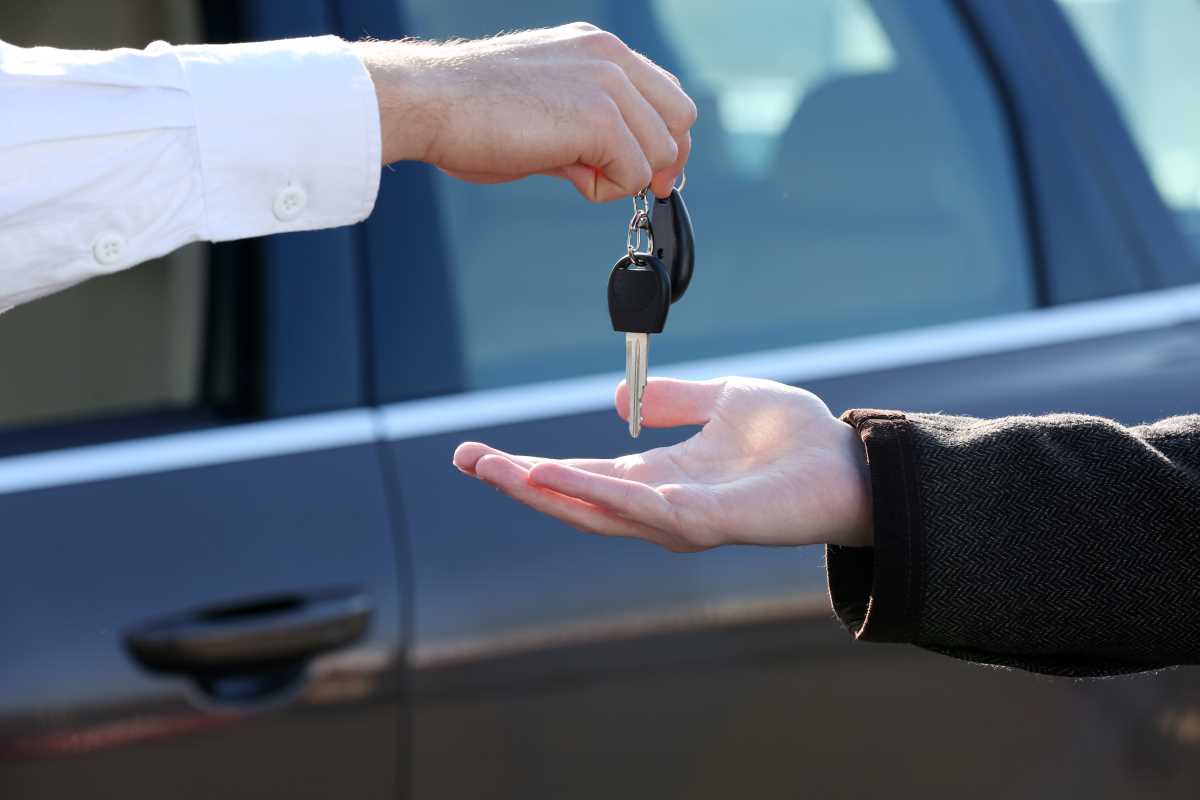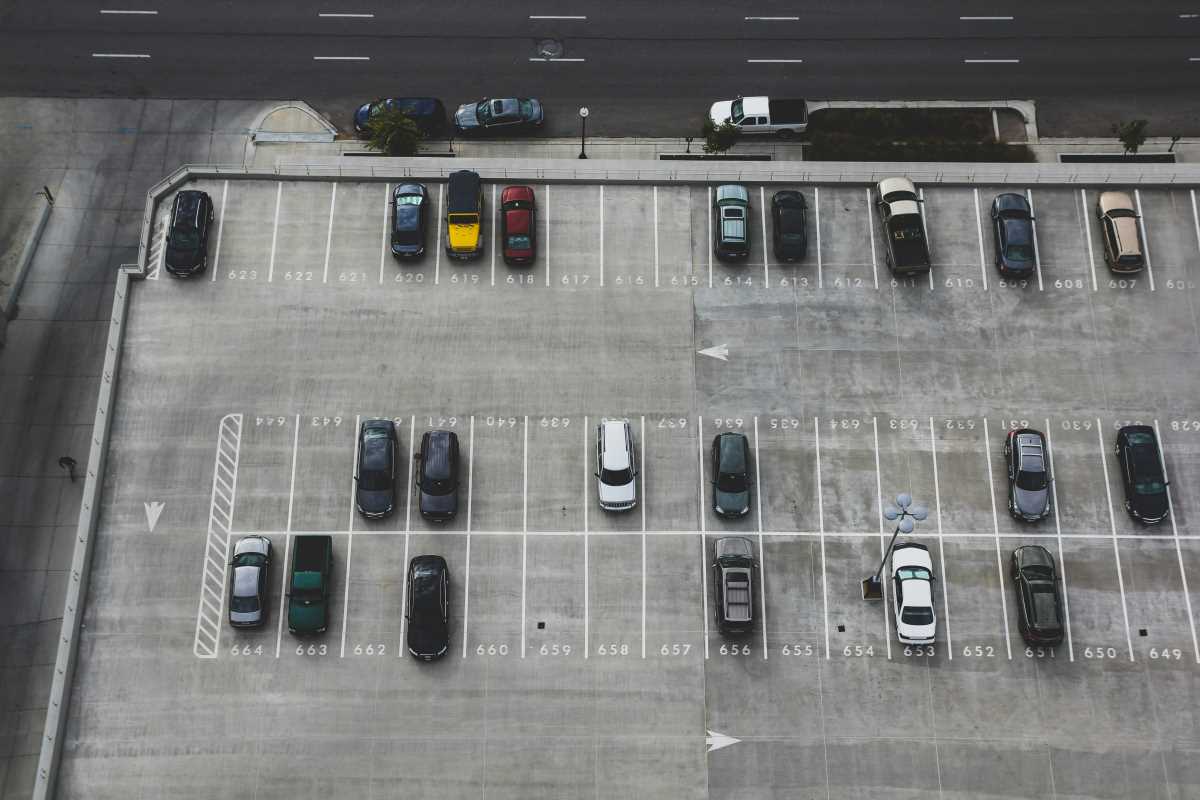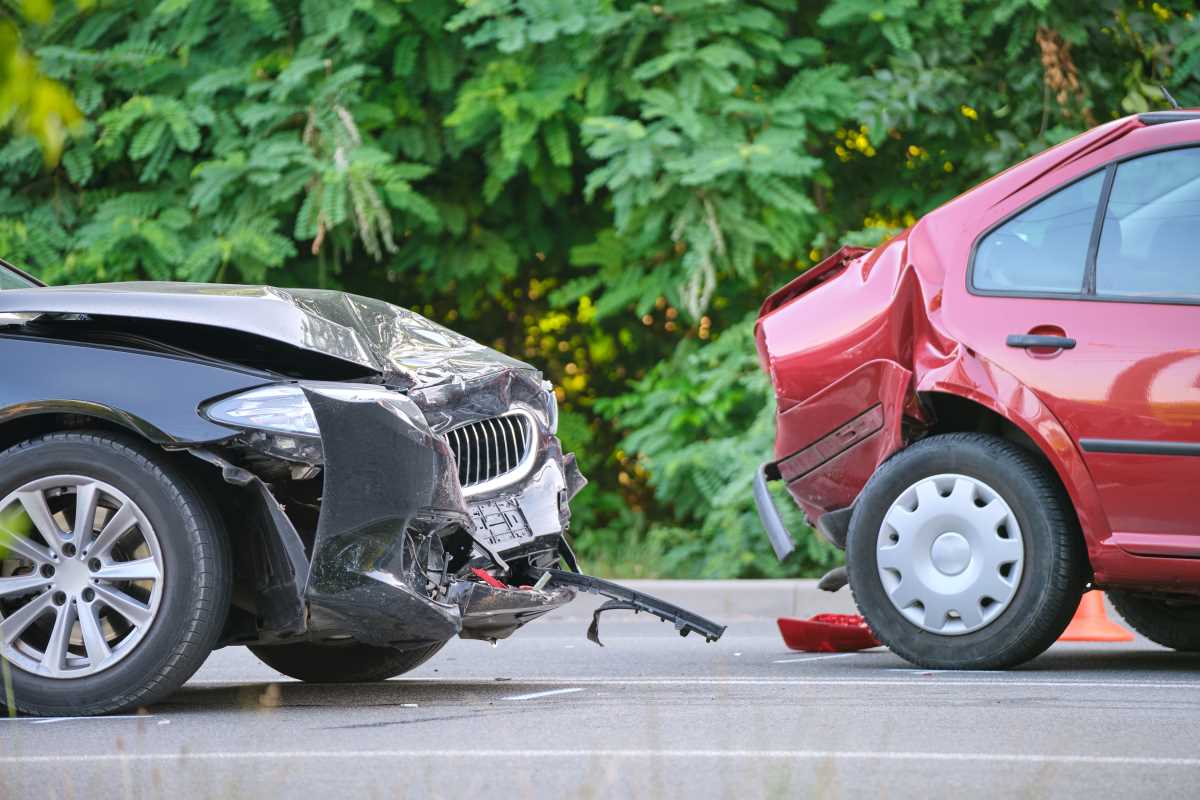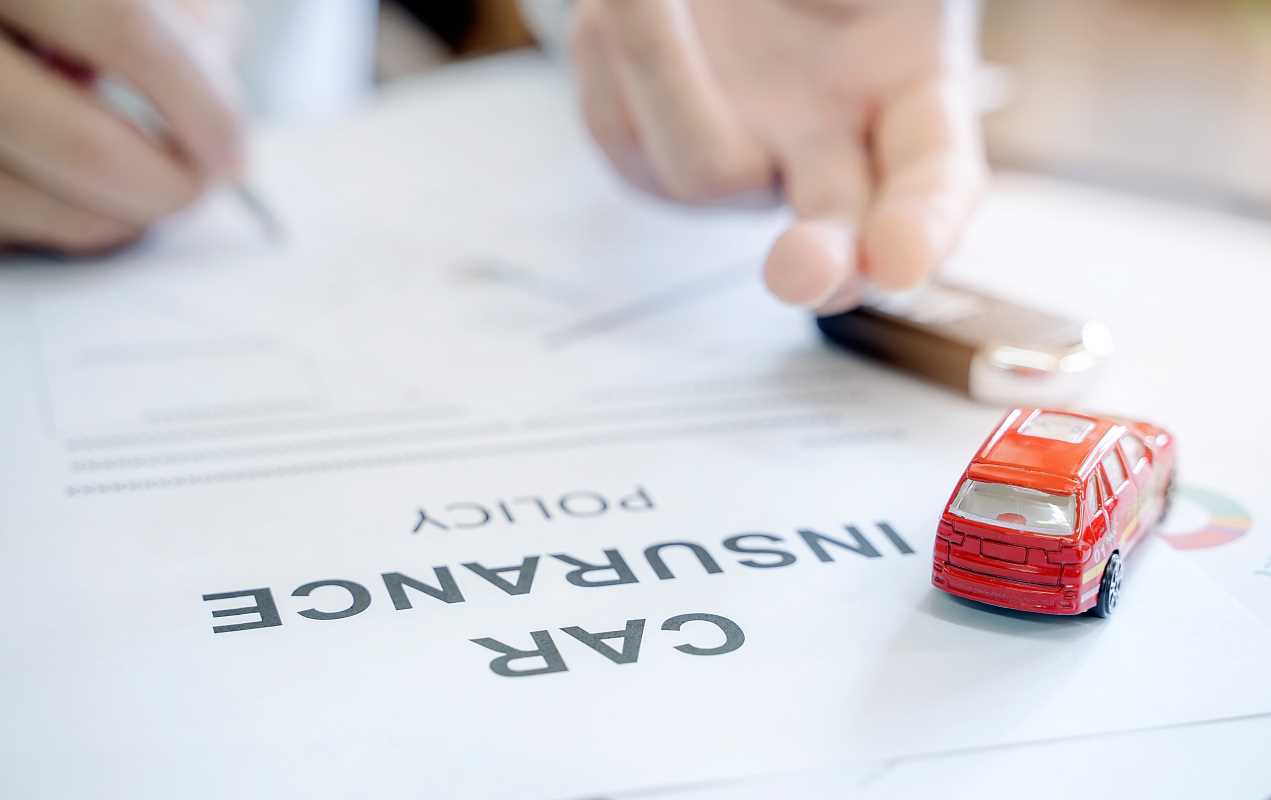The sound of crunching metal, the jolt of impact—a car accident is a stressful, disorienting experience, no matter how minor. In the moments that follow, your adrenaline is pumping, and it’s easy to make mistakes that can have serious consequences for your safety, your legal standing, and your insurance claim. While knowing what to do after a crash is important, knowing what not to do is just as critical. The actions you take, or fail to take, in the minutes and hours after an accident can make a complicated situation much worse. This guide will walk you through the common pitfalls and crucial mistakes you should always avoid, helping you navigate the aftermath of a collision with a clear head and protect your interests when it matters most.
Never Leave the Scene
This is the number one rule. No matter how minor the fender bender seems or how much of a hurry you're in, you must never drive away from the scene of an accident. In every state, leaving the scene, especially if there are injuries, is a serious crime known as a hit-and-run. It can lead to hefty fines, license suspension, and even jail time. Always pull over to a safe location, turn on your hazard lights, and stay put until you have exchanged information and the authorities have given you the all-clear. Even a tap in a parking lot requires you to stop and handle the situation responsibly.
Never Skip Calling 911
If there are any injuries, no matter how slight they seem, or if the roadway is blocked, you should always call 911 immediately. A police officer can secure the scene, direct traffic, and create an official accident report. This report is an invaluable piece of objective evidence for your insurance claim, documenting the facts of the incident. Furthermore, paramedics can assess injuries on the spot. Some injuries, like whiplash or concussions, may not present symptoms right away due to adrenaline, so getting checked out is crucial. For a minor scrape with no injuries, a non-emergency police line might be appropriate, but when in doubt, call 911.
Never Admit Fault
In the stressful moments after a crash, it's natural to want to be polite or apologetic. You might say something like, "I'm so sorry, I didn't see you." While it may seem harmless, admitting fault at the scene can be used against you later by the other driver's insurance company. You may not have a clear picture of all the factors that contributed to the accident. Let the police and the insurance adjusters do their jobs to determine who was at fault based on the evidence. Stick to the facts of what happened without placing blame on yourself or anyone else.
Never Forget to Document Everything
Your smartphone is your most powerful tool after an accident. Before the cars are moved, take pictures and videos from every possible angle. Capture the damage to all vehicles involved, the license plates, the positions of the cars, any skid marks on the road, and the surrounding area, including traffic signs and weather conditions. These photos create a visual record that can be crucial for your claim. Also, make written notes of what happened, the time of day, and what you remember while it's fresh in your mind. Don't rely on your memory alone.
Never Neglect to Exchange Information
Failing to get the other driver's information can make filing a claim nearly impossible. You need to collect several key pieces of information from all other drivers involved. This includes their full name, address, phone number, and driver's license number. Most importantly, get the name of their insurance company and their policy number. If there are any witnesses who saw the accident, politely ask for their names and contact information as well. Their objective account can be very helpful if there is a dispute about what happened.
Never Refuse a Medical Evaluation
You might feel fine immediately after a crash, but that is often just the adrenaline masking pain. Many common accident-related injuries, such as neck and back problems or internal injuries, can take hours or even days to become apparent. Refusing a medical evaluation at the scene or failing to see a doctor shortly after can be a major mistake. Insurance companies may later argue that your injuries weren't caused by the accident if you didn't seek immediate medical attention. Protect your health and your potential injury claim by getting checked out.
Never Post About it on Social Media
In today's world, it can be tempting to post about a major life event like a car accident on social media. You must resist this urge. Insurance companies absolutely scrutinize claimants' social media profiles for any information they can use to deny or reduce a claim. A simple post saying "I'm okay!" could be used to contest an injury claim. A photo from a week later showing you engaging in a physical activity could be used to argue you weren't truly hurt. The safest approach is to say nothing about the accident online until your claim is fully resolved.
